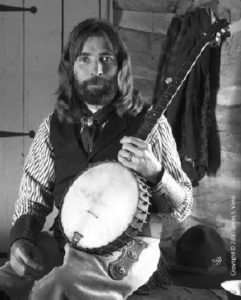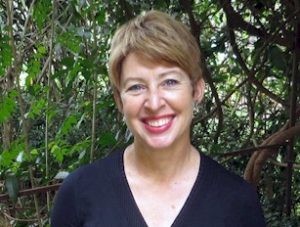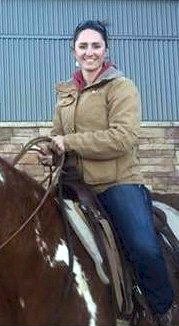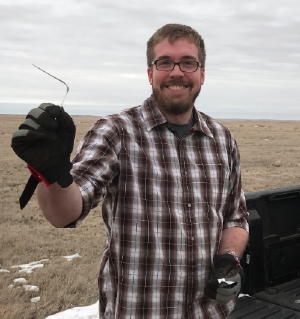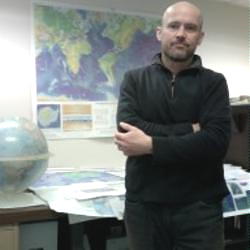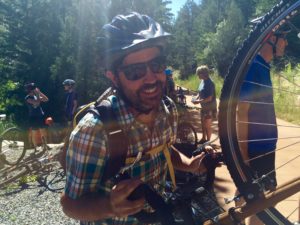High-power laser systems are becoming ubiquitous in manufacturing as they often prove to be faster and cheaper than traditional methods. The development and design of these industrial laser processes require very careful and accurate measurements of phenomenon during the interaction of the intense light with the material. A great example of an important industrial process is laser welding where a focused light beam is used to join two pieces of metal. Using light to melt metal may seem strange as most are pretty reflective. However, in a short amount of time an intense laser light can turn even the shiniest metals into a highly absorbing swirling cavity of metal. At the National Institute of Standards and Technology in Boulder, I measure and observe this transformation to better understand the process in order to help industry know how to make better laser welds. During this talk, I will describe the physical process of how intense laser light melts metal and the novel measurements used to observe the process.
Speaker Bio
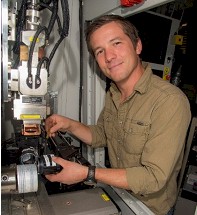 Brian moved to Golden in 2006 to pursue a Ph.D. in Applied Physics from the Colorado School of Mines. This was awarded in 2012 for studies of defects in nanostructured silicon solar cell materials. Not wanting to stray too far from the mountains, he then completed a postdoctoral appointment at the University of Utah where he developed novel laser processes for cadmium telluride solar cells. In 2014, Brian was able to move back to Golden when he joined the National Institute of Standards and Technology (NIST) as a National Research Council postdoctoral fellow; he is currently a staff physicist at NIST. Brian spends most of his free time rock climbing and skiing with his lovely wife Mary.
Brian moved to Golden in 2006 to pursue a Ph.D. in Applied Physics from the Colorado School of Mines. This was awarded in 2012 for studies of defects in nanostructured silicon solar cell materials. Not wanting to stray too far from the mountains, he then completed a postdoctoral appointment at the University of Utah where he developed novel laser processes for cadmium telluride solar cells. In 2014, Brian was able to move back to Golden when he joined the National Institute of Standards and Technology (NIST) as a National Research Council postdoctoral fellow; he is currently a staff physicist at NIST. Brian spends most of his free time rock climbing and skiing with his lovely wife Mary.
